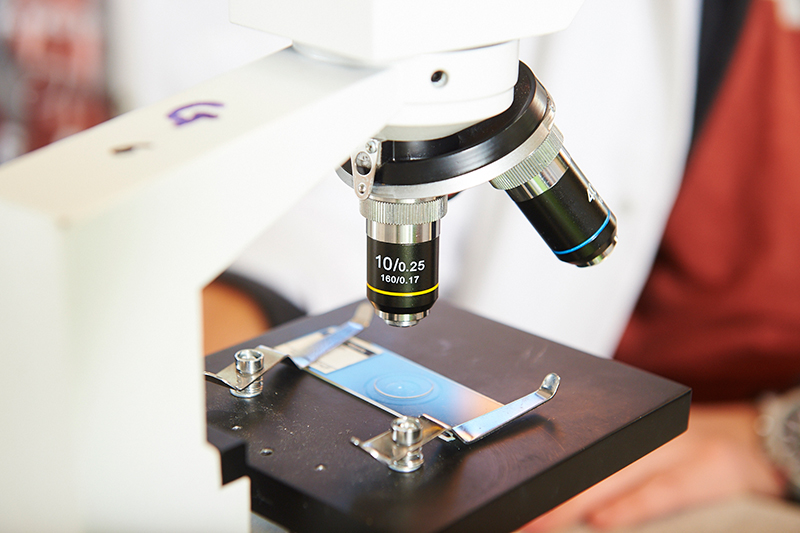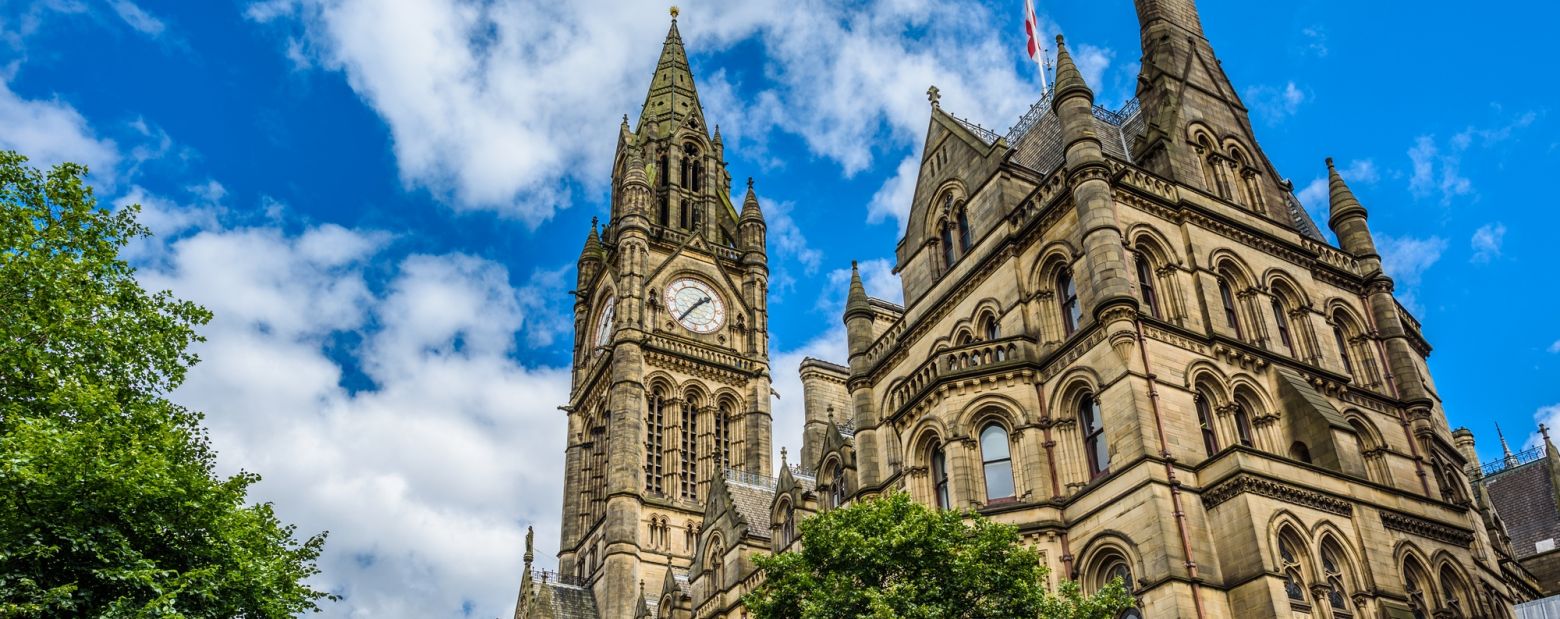Do You Want to Study Biology and Biological Sciences at University?
12th April 13

Before I go to study Biology and Biological Sciences at university, what sort of A Levels will I need?
If you want to study Biology at university, you will of course need a really good A Level in Biology. As far as other subjects are concerned, most universities find a combination of Chemistry, Maths, and or Physics very desirable. Whichever university you chose, the entry requirements are going to be high, so expect any offers to be in the region of A*AA to AAB or ABB at A Level.
Where should I go and study?
Biology and Biological Science courses vary in content, so it’s vital that you research the course you want to do and the universities you are thinking of attending, but generally speaking, the Complete University Guide 2013 ranked the following five universities as the best in the UK to study Biology:
University of Cambridge – School of Biological Sciences
As always with Cambridge, they can and will ask for the very best, so expect an offer of no less than A*AA. While it’s obvious you will be expected to have Biology at A Level, Cambridge like their students to have has broad a subject range as possible, so you will need A Levels in another science and a Maths subject. The most desirable combination would be Biology, Chemistry, and Maths or Physics.
University of Oxford – Biological Sciences
Like Cambridge, Oxford expect the best, and a typical offer will be A*AA at A Level. You’ll need Biology of course, and you must have an A* in it or least another science or Maths subject. While Oxford don’t specify any particular A Levels apart from Biology as mandatory, you might like to think a little in advance about the A Levels your chose and pick some complimentary science and Maths subjects to prepare you for university.
Imperial College London – Department of Life Sciences
Imperial offer a wide range or Biology related degrees, from straight Biology to Biochemistry, Biotechnology and other Biological Sciences. To study any of them though, expect to be offered AAA at A Level. Depending on what you plan to study, should dictate what A Levels you take. For Biology, you must have Biology and Chemistry is looked upon very favourably. For Biochemistry or Biotechnology, Chemistry is a must and Biology is recommended. For any of the Biological Sciences, Maths is mandatory.
University College London – Faculty of Life Sciences
UCL is another institution that offers an incredible array of Biology based topics. You can choose from Biology, Human Genetics, Zoology, Genetics, Biological Sciences and Environmental Biology. Whichever you degree you go for, expect an offer of AAA, with Biology a mandatory subject, and at least one other from Chemistry, Maths or Physics.
University of Sheffield – Department of Animal and Plant Sciences
You can choose from one of two Biology courses at Sheffield, a three year Bachelor of Science (BSc) course, or a four year Master of Biological Sciences (MBiolSci) course. For the BSc course, expect an offer of AAB at A Level, with Biology and at least one of Chemistry, Maths, Physics, Psychology, Geography, Environmental Sciences or Economics. You will need 3 As at A Level for the MBiolSci course. You’ll have to have Biology and a second science.
Once I’m there, what sort of things can I expect?
Depending on what sort of Biology you chose, you could study anything from human biology, genetics, and zoology, to bioinformatics, botany and microbiology. What is common to all the courses is that you’ll study all the core concepts of biology and spend the majority of your time during your first year in lectures and laboratories.
After your first year, depending on your specialty, you’ll either spend all or none of your time in a lab. You will most likely have to undertake a final research project in your chosen field. At some universities this will involve working on some of your professors’ work and pooling your results with other students, in others, like Oxford, you will have to research and write your own project title.
What skills will I develop?
This will all depend on what sort of Biology you choose to study, but broadly speaking, you will have a superb knowledge of biological systems and concepts, as well as a wide range of technical and practical skills from all your time spent in the lab.
What sort of job can I get at the end of my degree?
There are a lot of jobs available to Biology graduates. Many go straight back into the lab to work in the pharmaceutical and biotechnology industries, or for universities and clinical health organisations. Many find careers in the private and public health sector, or work for health and environmental charities. Some go straight back to school to become teachers.
Good luck!




